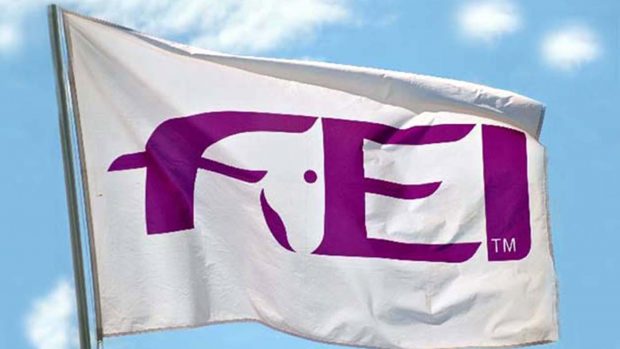Drug testing in equestrian sport has hit the headlines again recently, with event rider Rodney Powell the latest to fall foul of a positive test, in addition to the high-profile cases of show jumper Di Lampard and dressage rider Ulla Salzgeber.
All three were competing internationally and came under the testing regime of the FEI, and there is a tendency among competitors at lower levels to assume that they do not fall within the same rules, or that the chances of being tested are minimal.
That could be a big, and potentially very embarrassing, mistake. Every equestrian sport, from TREC and showing to show jumping and eventing, has strict rules banning the use of performance-enhancing drugs and testing programmes designed to catch cheats.
There are many traps for the unwary. A slip-up in the stable, use of a medicine that contains a banned substance, or a feed that has been contaminated, can all land you in the dock – as can failure to understand the time a drug takes to clear your horse’s system.
Sedating a horse to clip it a few days before a competition could result in a positive test, as ACP can take up to two weeks to clear the system. The penicillin regularly used for horses contains banned substances and can take up to 28 days to clear.
The FEI is concerned about the lack of information in this area, especially as manufacturers rarely determine detection times.
If a banned substance is found, you are guilty whether you knew it had been administered or not. The only option is to convince the hearing that it was a mistake, not an attempt to cheat, and so lessen the penalty.
Avoiding contamination
1. Make sure you know the rules, or check with your governing body or vet if you are unsure. Ignorance is no defence. One of the cases that tested positive in eventing this year was because the person thought bute was still allowed.
2. The definitive list is the FEI list (available at www.horsesport.org – follow the Consult links), followed by all the governing bodies. The only exception is the BSJA, which publishes its own list – this, while it reflects the FEI list, has variations. Most of the governing bodies publish shortened lists in their own rulebooks. The FEI guidelines on its website are still complicated, and it is best to call your vet if you are unsure.
3. If your horse needs treatment, make sure your vet knows that it is a competition horse. “Every competitor needs to know that they must tell their vet if [their horse is being treated and] they are intending to compete,” confirms British Eventing vet Hattie Lawrence.
4. Ensure that each horse, especially those on medication, has its own water and feed buckets. Cross-contamination – through feed buckets in particular – is a common reason given for a positive test. When administering a medicene, take it directly to the horse for which it is intended and mix it straight into his manger.
5. If you use ACP to sedate a horse to clip, or bute to assist with a slight swelling, check with your vet how long traces will show up in the horse’s bloodstream. It is probable that, if you sedate the horse on Monday, it would test positive if competed on the Saturday. However, this is a very inexact science.
6. Check that all the feeds and supplements you are using are certified free of prohibited substances, and be careful around feeds. For example, you could eat a bun covered in poppy seeds over the feed bucket, and then find your horse tests positive for opiate.
7. Check that all herbal and other non-medical substances used are also certified free. If something contains a plant extract, that may well test positive.
8. Keep a clear record of your horse’s feed and medication regime.
9. Do not be tempted by someone saying that a substance is not detectable. The laboratories work hard to ensure that they are fully up-to-date. If your horse tests positive for a drug usually used on pigs, for example, you will be in deep trouble, both for cheating and for putting your horse’s health at risk.
10. Another common reason for a positive test is when a cream or some other medication that is not obviously risky has been used. The FEI recommends elective testing where it is unclear whether the horse is free of prohibited substances and therefore clear to compete.
| Click here to subscribe to HORSE magazine, which is packed with horsecare features every month |




